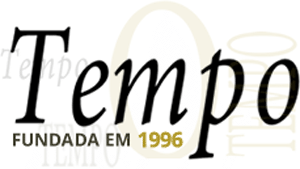The regime that ended Cuba's "100 days of reform" is often labeled a "counter-revolution", although "authoritarian populism" would be a better term. The new regime did not reverse the 1933 Revolution; instead, its leaders used violence combined with revolutionary reforms as a means to forcibly incorporate more people into a newly expanded state system of rule. Fulgencio Batista won some working-class support during the WWII democratic era, but Cold War anticommunism destabilized his regime by emptying Cuba's populism of much of its substance.
Revolution; populism; working-class
